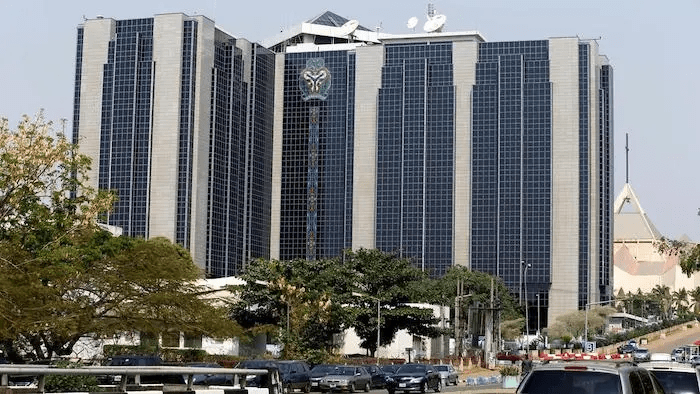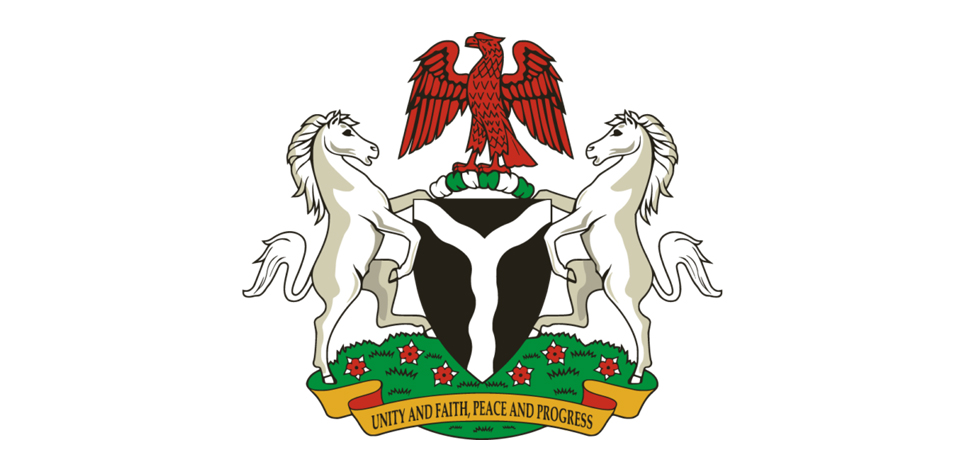

President Bola Ahmed Tinubu has explained why his administration is committed to enforcing the mandatory National Identity Use Regulation in Nigeria.
President Tinubu said NIN must become the key to unlock every services, opportunities and platforms in both public and private establishments in Nigeria.
Tinubu, represented by Secretary to the Government of the Federation George Akume, disclosed this at this year’s National Identity Day event organised by the National Identity Management Commission in Abuja on Tuesday.
Speaking on the theme, ‘Public Key Infrastructure: Backbone To Digital Infrastructure’, Tinubu said the government will ensure that all entities in Nigeria are harmonised into the National Identity Database.
According to him, over 126 million Nigerians and residents have been enrolled into the NIN database.
He maintained that the NIN is requisite for securing Nigeria and strengthening the economy.
“The National Identification Number must become the key that unlocks every service, every opportunity, and every
platform in both the public and private sectors. That is why my administration remains fully committed to enforcing the Mandatory Use Regulation for the NIN.
“This commitment is not just about compliance. It is about securing our nation, strengthening our economy, and ensuring that every Nigerian can participate fully in the digital era,” he stated.
He added that NIMC has harmonised and integrated 125 partner agencies, creating a unified ecosystem that reduces duplication, saves costs, and improves service delivery.
“Working with the police and security agencies, NIMC has arrested over 30 fraudulent operators, shut down illegal centres, and maintained ISO 27001:2022 certification, a global benchmark for data security,” the president stated.
On his part, the Minister of Interior said Nigeria is making progress on national identity.
“Nigeria is already moving deliberately in this direction. The National Information Technology Development Agency and the NIMC are working to integrate public key infrastructure into our national identity and service stack.
“This is an essential step for secure e-government, trusted digital signatures and machine-to-machine authentication across regulatory, revenue and border systems. This collaboration is both timely and strategic; it will make digital government services verifiable and auditable at scale.
“Finally, as Minister of Interior, I commit my ministry to the steady work of integration. We will continue to modernise our services, expand secure enrolment and verification across government, and ensure that identity-driven services are delivered with dignity, protection and predictability. The investments we make today in PKI, data centres and secure enrolment will be the collateral for Nigeria’s digital economy tomorrow. They will enable secure cross-border commerce, diaspora engagement and global trust in Nigerian credentials,” he stated.
Also, in her speech, the Director of NIMC, Engr. Abisoye Coker-Odusote, emphasised that NIN is not just a number but a gateway to opportunity, security and dignity for Nigerians.
“As we reflect on the remarkable progress we have achieved in Inclusion, Protection, and Empowerment, it is clear that the National Identification Number (NIN), supported by Public Key Infrastructure (PKI), is more than just a number; it is a gateway to opportunity, security, and dignity for every Nigerian. From enrolling over 123 million citizens and residents to safeguarding identities against fraud to empowering students, women, and households economically, NIMC’s work demonstrates that a secure, verified identity is the backbone of a digital public infrastructure,” she stated.
At the event, Senate President Goodwill Akpabio, represented by Victor Umeh; Speaker of the House of Representatives Tajudeen Abass, represented by Okunjimi Odimayo; Executive Chairman of Federal Inland Revenue Zacch Adedeji; and others in their goodwill messages harped on the centrality of NIN in Nigeria’s development.
National ID Day: Tinubu explains why NIN use implementation mandatory in Nigeria



